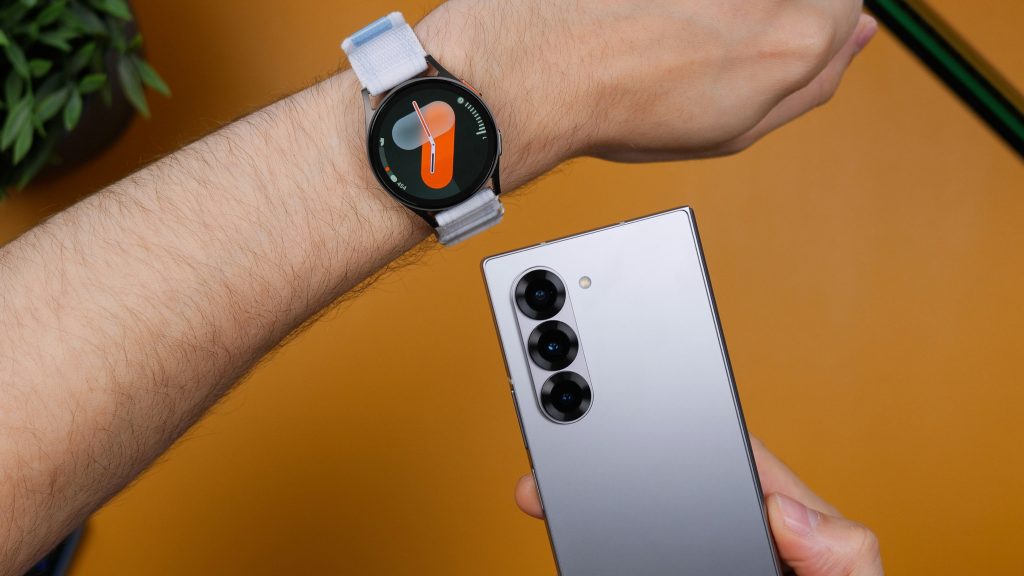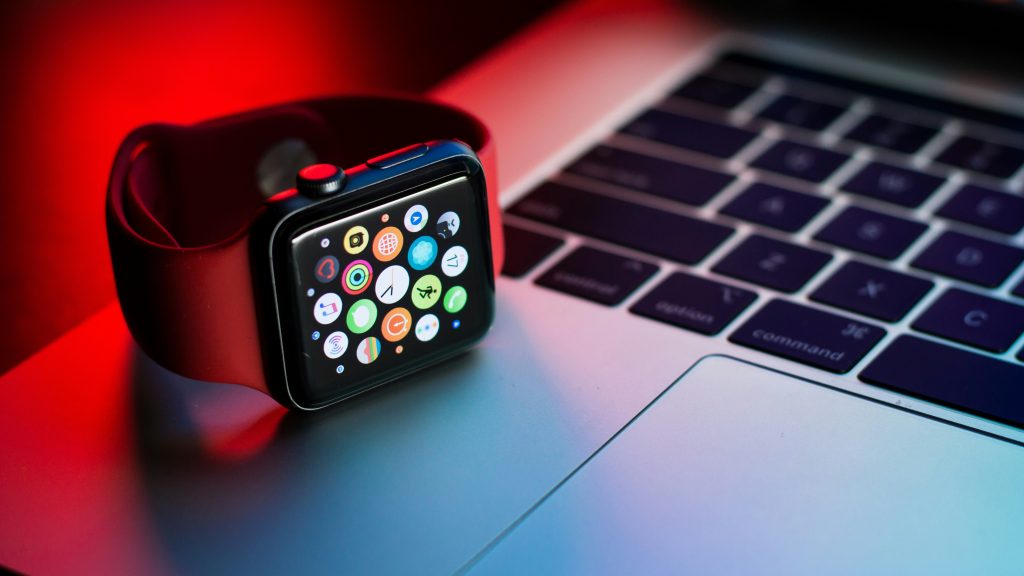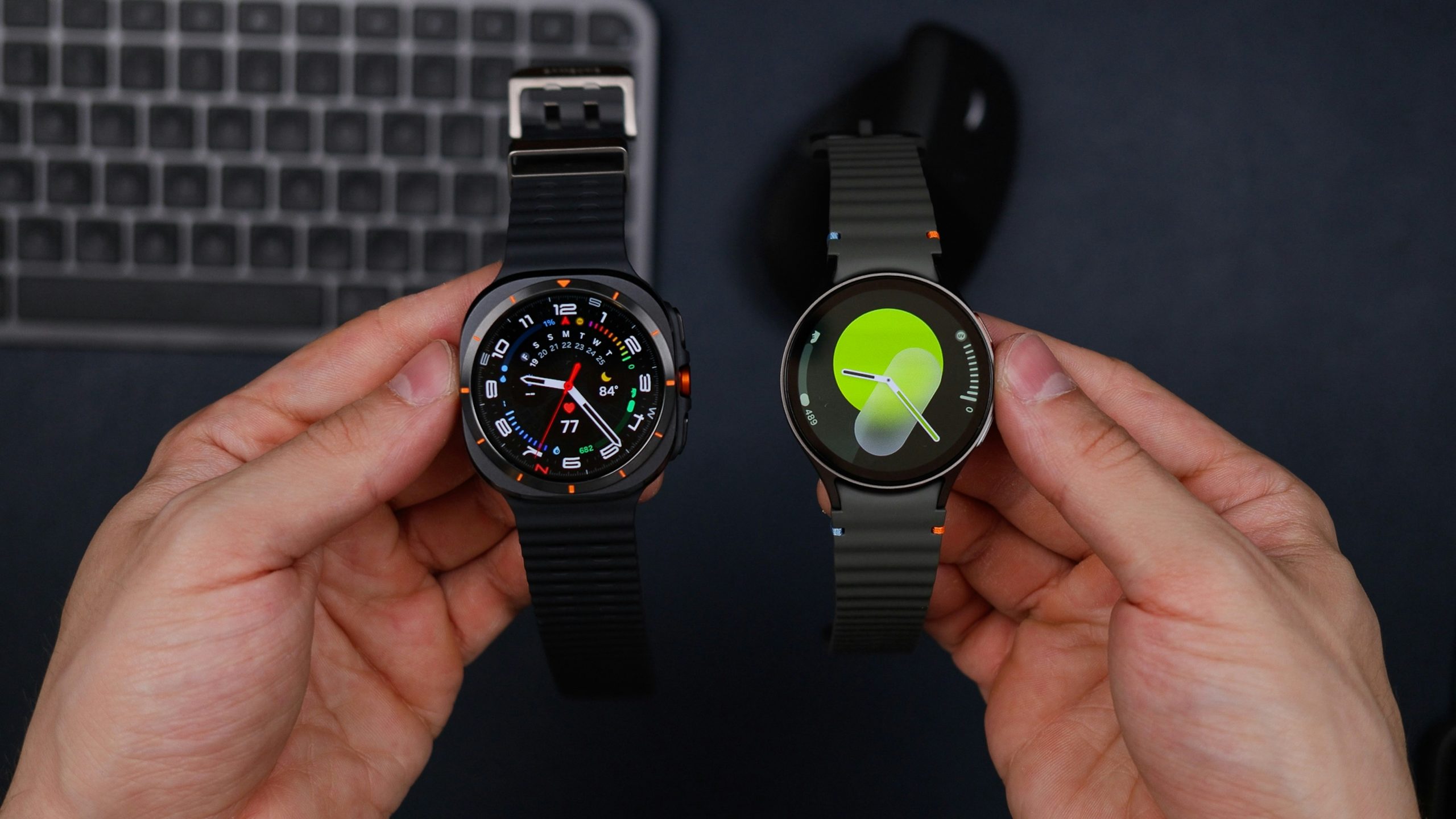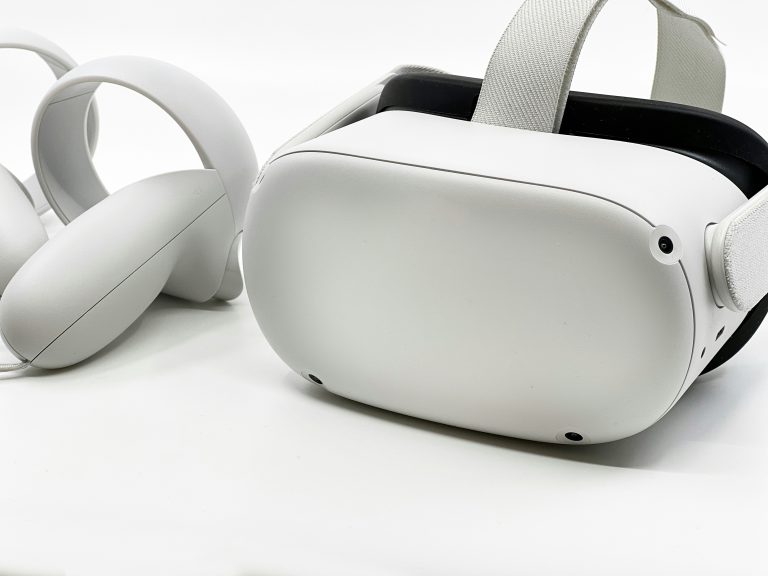Wearable Tech Is Growing Fast — But Is It Making Us Healthier?
From smartwatches and fitness trackers to sleep rings and AI-driven health monitors, wearable technology has become a staple of modern life. In 2025, nearly 1 in 3 adults in developed countries wears some kind of health-focused device daily. But as these gadgets become more advanced and popular, one big question remains:
Are they actually making us healthier — or just more data-obsessed?
The Rise of Wearable Tech
Wearables have come a long way from simple step counters. Today’s devices track a wide range of metrics like:
- Heart rate variability (HRV)
- Blood oxygen (SpO2)
- Sleep cycles and REM patterns
- Skin temperature
- Stress levels
- ECG readings
- Even early signs of illness using AI-driven pattern detection
With this much data at our fingertips, you’d think better health outcomes would follow automatically. But it’s not quite that simple.

The Real Benefits
1 Early Detection & Prevention
Advanced wearables now alert users to potential health issues before symptoms appear — like irregular heart rhythms or signs of respiratory problems. This kind of real-time monitoring is proving especially valuable for people with chronic conditions.
2 Behaviour Nudges
Daily movement reminders, hydration alerts, and personalized goals help build healthy habits. Many users report more consistency with workouts and sleep routines thanks to these digital nudges.
3 Remote Health Monitoring
For older adults or patients with specific medical conditions, wearable tech allows healthcare providers to monitor health remotely, reducing hospital visits and improving care continuity.
The Catch: More Data Better Health
While wearables provide information, they don’t guarantee transformation.
Data Fatigue
Constant tracking can lead to anxiety, obsession, or burnout — especially when people feel overwhelmed by numbers they don’t fully understand.
Lack of Follow-Through
Many users stop wearing or checking their devices after a few months. Without real behavior change, the data has little lasting value.
Privacy and Accuracy Concerns
Not all devices are created equal. Some have questionable accuracy, and many users don’t fully understand where their health data goes — or who can access it.

So, Are We Healthier?
The answer is: it depends.
For some, wearables have become life-changing tools — offering early detection, accountability, and a sense of control. For others, they’re expensive wrist ornaments with questionable long-term impact.
The key difference? Action.
When users (or healthcare providers) act on the insights — changing diet, sleep, movement, or managing stress — that’s when wearables truly shine.
What’s Next for Wearables?
- Non-invasive blood sugar monitoring for diabetics
- Mental health tracking based on voice, tone, and biometrics
- AI health coaching that offers real-time feedback and personalized plans
- Integration with insurance and wellness programs that reward healthy behavior
Bottom Line
Wearable tech has huge potential — but it’s not a magic solution. It’s a tool, not a cure.
If you use your wearable to understand your body and take real-world steps based on what it tells you, then yes — it can absolutely make you healthier.
Otherwise? It might just be another notification on your wrist.
Want a short version for a blog post or social media caption? Or a visual breakdown for a presentation? I can help with that too!






